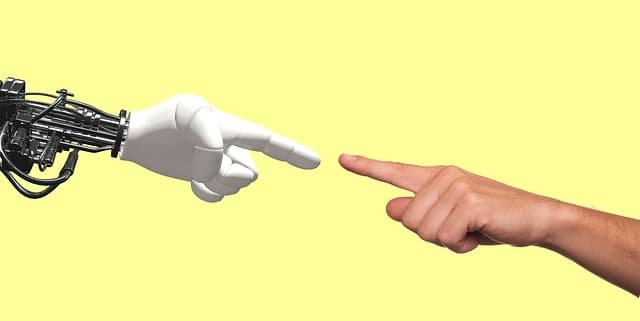The ultimate translation showdown is here
As one of the most talked about topics in the language translation and interpreting community, this issue of human translators versus machine translators is still a very undecided issue with some claiming that with all the advancements in technology giving machines the capabilities to translate from language to language without human interaction, that machine translations are the way to go. Whereas others are adamant that computers will not be able to reach the levels of human translators any time soon. If machines were to overtake human translators, what would this mean for the professional translation agency whose businesses are based on providing professional translation services? Or even worse what will happen to all the translators whose livelihoods are at stake?
Well thankfully for the moment at least it is not something we have to really worry about, it is not more than a hot debate in this present time because in truth although machine translations have advanced a great deal in the past couple of years thanks to the development of NMY (“neural machine translation.”), it’s fair to say machines are still somewhat lagging behind their human counterparts. This is because the sheer complexity of languages and even though machines can translate words and sentences in a select number of languages, it is not fluent yet and grammatical errors still occur as well as not taking issues such as localisation services into account, maybe one day it will be the norm but that is for the future.
To prove who is on top at the moment Korea’s International Interpretation Translation Association along with Sejong Cyber University are holding a competition pitting a professional human translator from Ewha Woman’s University against three machine translators in the shape of Naver’s Papago (a Korean translation app specialising in English, Korean, Chinese and Japanese), Systran’s machine translation solution (a self-learning hybrid translation software) and Google translate (probably the best known free translation software in the western world).
The big translation showdown will commence on Tuesday 21st February 2017 on the Sejong Cyber University website. Each contender will be given the task to translate two random English articles into Korean and two Korean articles into English with a time limit of 30 minutes per paragraph. The human translator for now is considered as the favourite but in the future machines and AI translations will become more and more prevalent, for example who wouldn’t want their Romanian translation services carried out in a matter of minutes and at a fraction of the cost? But hopefully like any industry the translation agencies and translators can find a way to adapt and live side by side with machine translations.




Trackbacks & Pingbacks
[…] we brought you a story that should put to bed (for the time being at least) who is more superior when it comes to […]
Comments are closed.